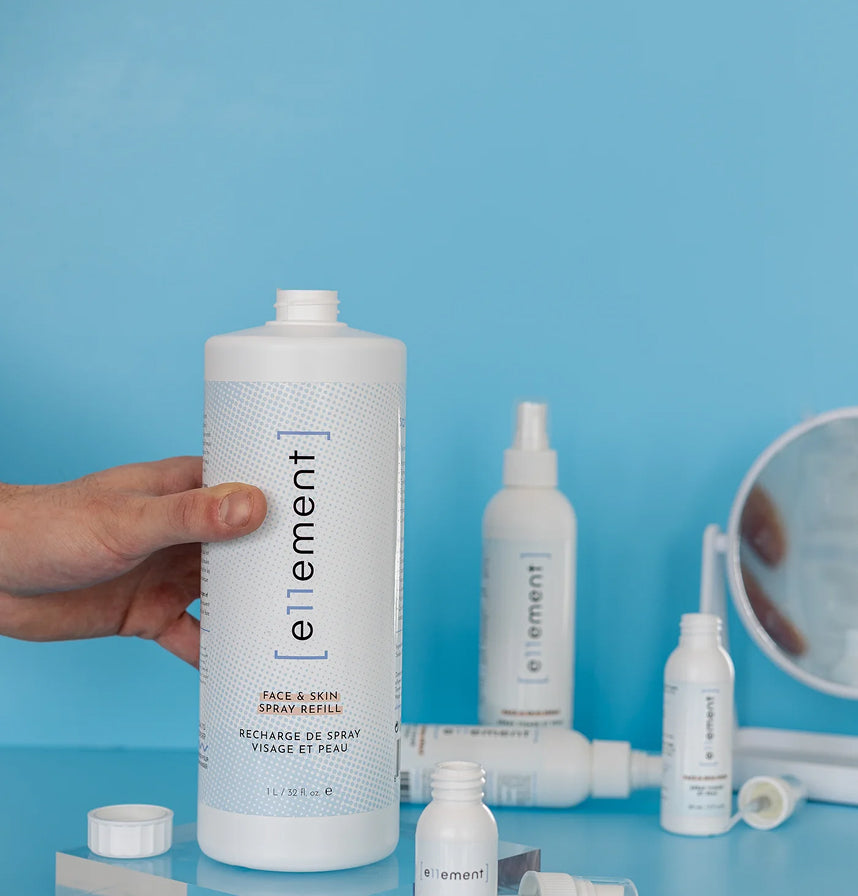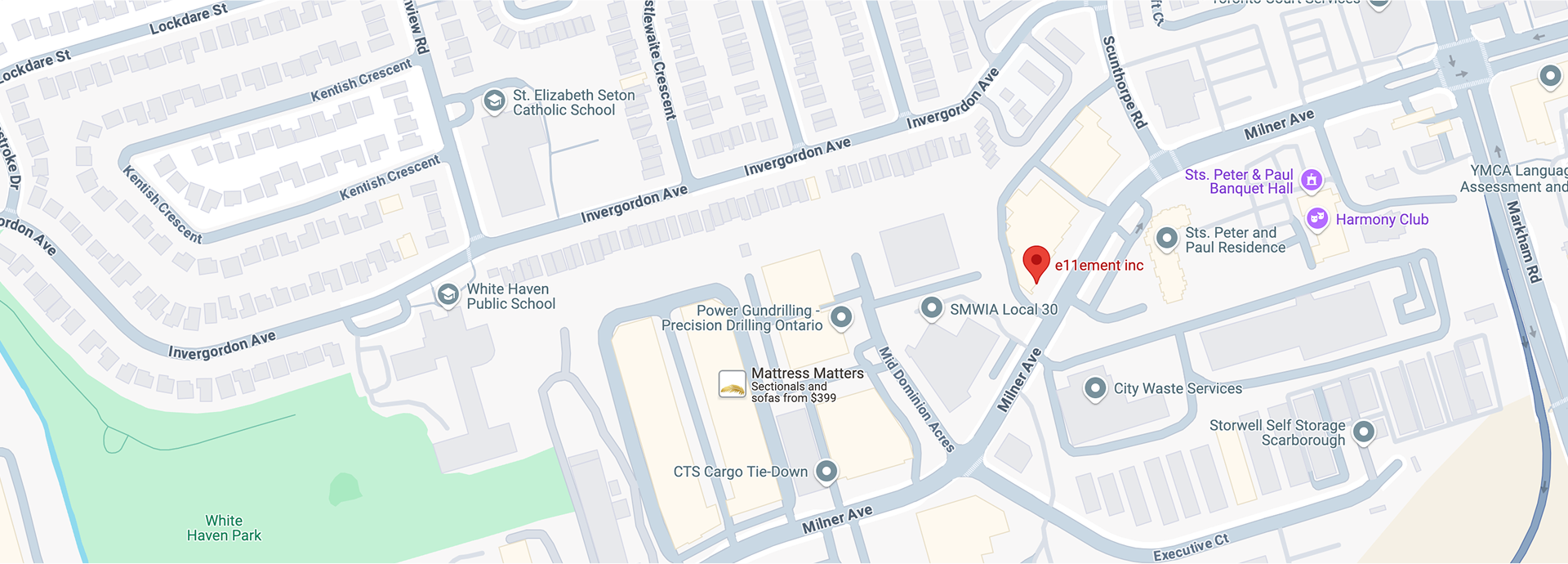Fungal acne, often mistaken for bacterial acne, is a skin condition caused by an overgrowth of yeast on the skin. Managing fungal acne requires specific treatments, as traditional acne products may worsen the problem. One effective and gentle option gaining attention is hypochlorous acid spray. Known for its antimicrobial properties, hypochlorous acid is a powerful yet skin-friendly solution for combating fungal infections.
In this article, we will explore the best uses of hypochlorous acid spray for fungal acne, its benefits, and how to incorporate it into your skincare routine.
What Is Hypochlorous Acid?
Understanding Hypochlorous Acid
Hypochlorous acid (HOCl) is a naturally occurring compound produced by white blood cells as part of the body's immune response. It plays a critical role in fighting infections, bacteria, and fungi. In skincare, hypochlorous acid is used in topical sprays and solutions due to its ability to kill harmful microbes without irritating the skin.

Key Benefits of Hypochlorous Acid for Skin
- Antimicrobial Action: Hypochlorous acid effectively kills bacteria, viruses, and fungi, making it an excellent choice for treating fungal acne.
- Non-Irritating Formula: Unlike many harsh treatments, hypochlorous acid is gentle and suitable for sensitive skin.
- Anti-Inflammatory Properties: It helps reduce redness, swelling, and irritation associated with fungal acne.
- Promotes Healing: By preventing infections, hypochlorous acid supports the skin's natural healing process.
How Does Hypochlorous Acid Spray Help with Fungal Acne?
1. Targets Fungal Overgrowth
Fungal acne is caused by an overgrowth of Malassezia yeast. Hypochlorous acid spray works by eliminating this yeast, restoring the skin's microbial balance. Its antifungal properties address the root cause of fungal acne, providing relief and reducing breakouts.
2. Prevents Secondary Infections
Scratching or picking at fungal acne lesions can lead to secondary bacterial infections. Hypochlorous acid spray acts as a protective barrier, killing bacteria and preventing further complications.
3. Soothes Irritated Skin
The anti-inflammatory properties of hypochlorous acid help calm irritated skin, reducing redness and discomfort associated with fungal acne.
4. Safe for All Skin Types
Hypochlorous acid spray is suitable for sensitive and acne-prone skin. It does not clog pores or disrupt the skin's natural barrier, making it an ideal choice for those dealing with fungal acne.
How to Use Hypochlorous Acid Spray for Fungal Acne
Step-by-Step Guide
- Cleanse Your Skin: Start with a gentle cleanser to remove dirt, oil, and makeup. Avoid harsh cleansers that may strip the skin.
- Apply the Spray: Hold the hypochlorous acid spray a few inches away from your face or affected area. Spritz evenly, ensuring full coverage.
- Let It Dry: Allow the solution to air-dry naturally. Do not rinse it off.
- Moisturize: Follow up with a lightweight, non-comedogenic moisturizer to keep your skin hydrated.
- Repeat Twice Daily: Use the spray in the morning and evening for best results.
Tips for Effective Use
- Use the spray consistently as part of your skincare routine.
- Pair it with other fungal acne-friendly products, such as sulfur-based treatments or azelaic acid.
- Avoid occlusive skincare products that may exacerbate fungal acne.
Benefits of Using Hypochlorous Acid Spray
1. Versatility
Hypochlorous acid spray can be used not only for fungal acne but also for other skin concerns, such as eczema, rosacea, and wound care.
2. No Harsh Chemicals
Unlike many conventional acne treatments, hypochlorous acid does not contain alcohol, parabens, or artificial fragrances.
3. Easy Application
The spray format ensures a hassle-free application, especially for hard-to-reach areas like the back or chest.
4. Minimal Side Effects
Hypochlorous acid is unlikely to cause dryness, peeling, or irritation, making it suitable for regular use.
Precautions When Using Hypochlorous Acid Spray
- Conduct a patch test before using the product to ensure compatibility with your skin.
- Avoid combining hypochlorous acid spray with products that contain benzoyl peroxide or retinoids without consulting a dermatologist.
- Store the spray in a cool, dry place to maintain its efficacy.
Conclusion
Hypochlorous acid spray is a safe and effective treatment for fungal acne. Its antifungal, anti-inflammatory, and healing properties make it an excellent addition to any skincare routine targeting fungal infections. By using the spray consistently and following a fungal acne-friendly regimen, you can achieve clearer, healthier skin over time.
Whether you’re dealing with persistent fungal acne or looking for a gentle solution, hypochlorous acid spray is worth considering for its multiple skin benefits.























